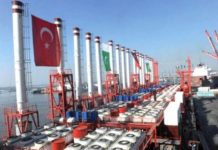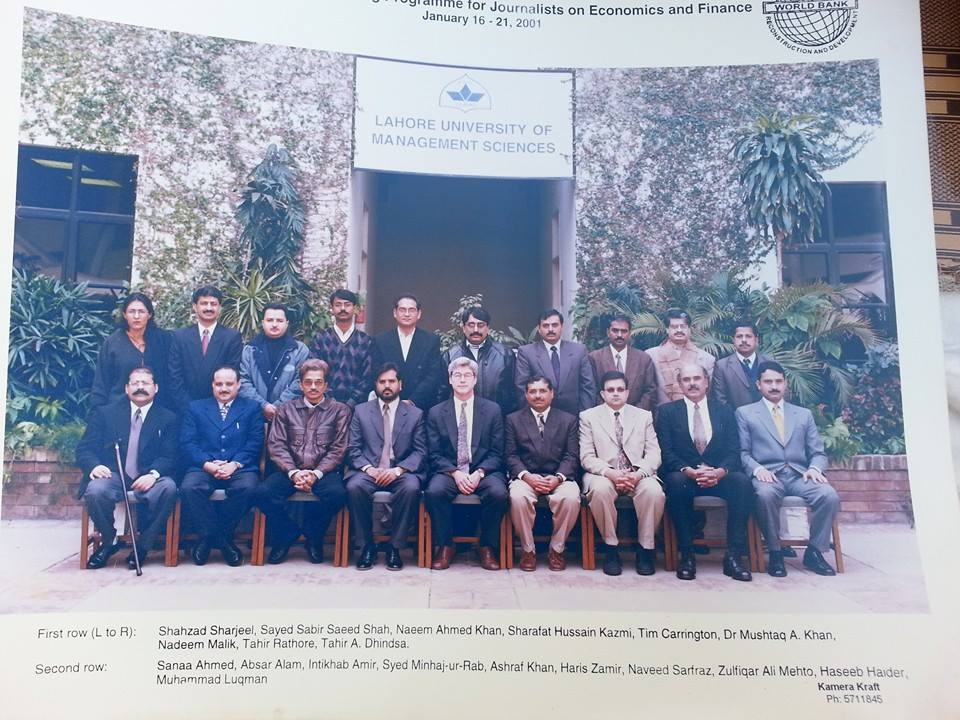Web Desk
Toronto-based Barrick Gold has ended a decade old dispute with Pakistan and will now start to develop one of the world’s biggest gold and copper mining projects under an agreement signed in the capital Islamabad on Sunday.
The signing ceremony was witnessed by Prime Minister Imran Khan and Canadian High Commissioner in Pakistan.
Under the out-of-court deal, an $11 billion penalty imposed on Pakistan by a World Bank’s arbitration court and other liabilities will be waived and Barrick and its partners will invest $10 billion in the project, Pakistan Finance Minister Shaukat Tarin told a news conference .
The Reko Diq project in Chaghai district of Pakistan’s southwestern province of Balochistan, is believed to be world’s largest copper and gold deposits, was suspended in 2011 after Pakistan denied Barrick Gold and Chile’s Antofagasta (ANTO.L) a licence to develop it in line with court orders.
Barrick said in a statement it will operate the project which will be granted a mining lease, exploration licence and surface rights.
In a separate statement, Antofagasta said it had agreed to exit the project as its growth strategy was now focused on the production of copper and by-products in the Americas.
“The new project company shall be owned 50% by Barrick Gold. The remaining 50% shareholding shall be owned by Pakistan, divided equally between Federal Government and the provincial government of Balochista,” a statement from the office of Prime Minister Imran Khan said .
The Barrick-Antofagasta joint venture discovered the vast mineral deposits more than a decade ago at the foot of an extinct volcano in the Balochistan province..
It said it had invested more than $220 million
The Balochistan cabinet on March 19, approved the proposed agreement and settlement regarding the Reko Diq project. The approval was given during a special cabinet meeting chaired by Balochistan Chief Minister Abdul Quddus Bizenjo.
In July 2019, an international arbitration tribunal of the ICSID struck a penalty of $6 billion on Pakistan for its 2011 decision to deny the mining lease to the TCC — a 50-50 joint venture of Barrick Gold Corporation of Australia and Antofagasta PLC of Chile.
The tribunal, chaired by Germany’s Klaus Sachs and Bulgarian arbitrator Stanimir Alexandrov and UK’s Lord Hoffmann, had ordered Pakistan to pay over $4 billion in damages to TCC in addition to $1.7 billion in pre-award interest.
The tribunal had found that Pakistan had unlawfully denied the TCC a lease to mine copper and gold deposits at the Reko Diq mine. It had held that the state had committed an unlawful expropriation under the Australia-Pakistan bilateral investment treaty.















